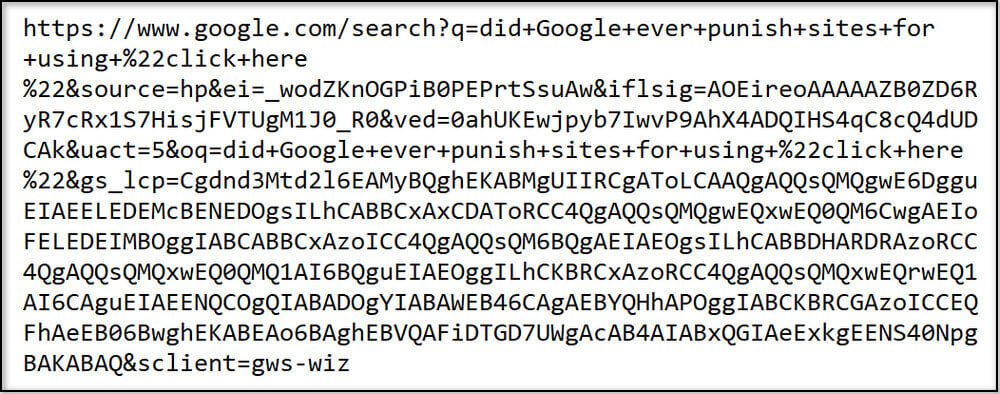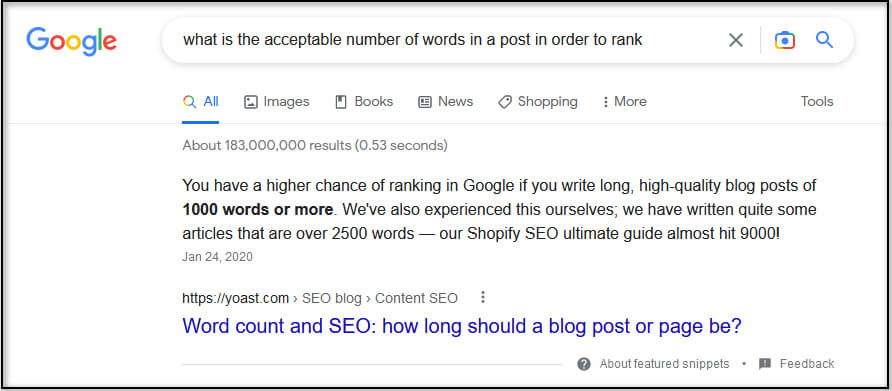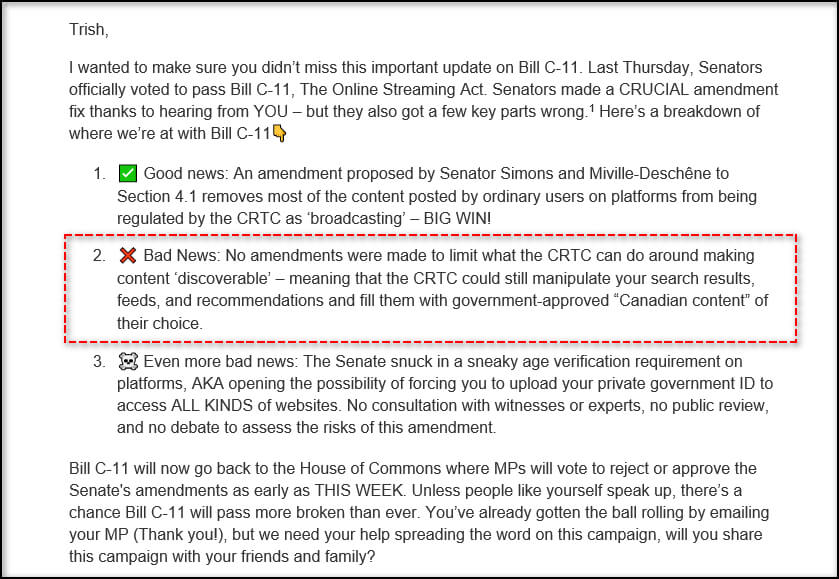Wow, Google can be such a pain in the… well, in the you-know-what… most times. I’m sure those of you who were creating websites back in the days of Web Crawler and Alta Vista will agree with my remark.
Back when we only had HTML that was soon followed by CSS, to use in creating websites, and… hosting fees were ridiculously expensive, all of our content on a related topic had to appear on one full page in order to save money.
Yup, we used to scroll and scroll and scroll… and those of us who used the internet to conduct our research on, we LOVED that everything we wanted appeared on ONE PAGE.
Imagine that!
Then came Google, apparently it was the 4th of September 1998.
It wasn’t long after that… that all the smaller, more reliable, internet search engines slowly disappeared, due to this giant with all sorts of money backing them, appearing on the scene.
And then, it wasn’t long before Google forced websites to no longer have ANY visitors have to scroll to read the content.
Boy! Was that painful.
So many of us had to re-create many pages and make them appear more like slides than web pages, offering links to the continued content.
Heck, many bloggers online today weren’t even online in 2000, never mind the ‘90s.
If that’s you, then you won’t relate to what I’m about to mention, so you may want to scroll to the VITAL portion of this post. The part that could affect you if you’re a Canadian blogger that is.
Now, to fast forward from early 2000 to 2018, which is when Google started penalizing sites that only had 350 words on a page to offer their readers, by ranking their websites lower.
You know… those short pages Google forced webmasters to create (if you wanted your sites to rank!) back when they first appeared out in front of all other internet search engines.
Oh, and we were no longer to say “click here” and offer lengthily links to that phrase, instead, webmasters were to show the URL that you were linking to, or suffer Google’s wrath.
HUH! Did you ever need to include a Google search URL on even one of your web pages back then? I did!
And, now all of a sudden, Google has deemed it acceptable to use “click here” linked to a URL. Sheeesh!
Just, DON’T go abusing “click here” as a means of cloaking a link either. That would be NASTY!
Now, it has become obvious that Google expects nothing shy of 1000-1500 words per post or article on most topics, else your content won’t rank.
Oh yeah, and before I forget… most lengthily posts require a table of contents… if you want your content to rank.
Though yes, I do agree with providing your readers with a table of contents as that would be a lot more considerate for sure. However, this is yet another “requirement”.
I know, I know… you’ve seen some short articles actually rank well in search results… SOMETIMES… yes, you bet.
But that’s not the rule when it comes to MOST TIMES.
Then came Google’s amazing analytics platform.
Follow by Google’s insistence that you verify your sites.
Then came Google’s tracking… but wait… that too has been changed, what… three… or is it four times now.
If you FAIL to comply, your website may simply disappear from their search engine.
Oh, jolly-gee-whiz… more like gggggrrrrr!
And now, it appears that we need to be adding tags to our content too… like we’ve nothing else to do with our time.
When we only had Alta Vista, that search engine NEVER forced ANY compliance on us in order to rank our sites. They simply offered sites with relevant topics in their search results.
I truly LOVED Alta Vista.
No matter what time of night, or what topic I queried, Alta Vista was able to serve up relevant information from quality, trustworthy websites.
Yes, there were spammy sites offered too, back then. Imagine that… users were required to learn which sites were reliable and which were offering spam.
Oh, I’m sorry… users now no longer need to use their intelligence.
My point is that back then, webmasters never had to jump through hoops, beg or pay any advertising fees to a search engine to simply have their websites ranked for the content.
Politics Interferes with Internet
Then came the nasty political turn that is happening right now, right here in Canada that I am CERTAIN has gained Google’s attention AND their reaction.
It’s called Bill C-11, which has now reached a scary step closer to becoming LAW… though I pray this will be defeated by the House of Commons.
The following is a screen print of the report that I received that scares the bejeepers outa’ me. I’ve added a red border around the most relevant paragraph.
As of December 1, 2022, it was said that Google issued a new algorithm, and claims were made that it was an AI-based spam-prevention system they apparently labeled “SpamBrain”.
Yet, some American blogger’s clearly say that this algorithm was released on 19 October 2022.
October 19, 2022
Google has announced that the October 2022 Spam Update is live. He linked to this document which introduces SpamBrain , his AI solution to fight spam. They tell us that SpamBrain is good at combating “behaviors that attempt to narrowly avoid violating [their] quality guidelines , but are still manipulative in nature.” One of the examples given is the ability to identify whether product reviews are simply rewritten product descriptions or genuinely hands-on reviews.
Source: politics-dz.com
As the month of December wore on, more and more websites were literally disappearing from Google’s SERPs.
Many website owners were begging to discover WHY, but Google has failed to set the record straight, leaving me to suspect that along with this “SpamBrain” rollout, Google could have EASILY hidden the fact that they’ve tagged ALL Canadian owned websites… just in case Bill C-11 gets passed and they have to drop all Canadian websites from ranking in their SERPs.
Why I suspect this is that EVERY Canadian blogger that I’ve spoken with, their websites have literally been disappearing from Google’s search results, even though many of these bloggers have only heard of AI technology recently, as it has been being covered in the news, a LOT lately.
Granted, some websites were doing strictly product reviews, so Google tweeted the following tweet.
REALLY?
How quaint is that for an answer… as seen in the screen print below.
When deciding to make a purchase for ANY product online or offline, I love to read over sincere reviews of those products.
Many of the product reviews on the vendor’s own website could easily have been fudged… to say the least. So honest, independent reviewers are my “go-to” favourite sites.
Do visit the Google tweet and be sure to read some of the responses. I KNOW I’m not alone in finding Google’s answer ridiculous to say the least.
In Summary…
Some of the Canadian blog sites are now sloooooowly reappearing in Google’s SERPs but nowhere nearly as well ranked as they were previously.
If you disagree with my suspicion here, then please, you tell me I’m dead wrong… please?
But don’t yell at me, okay.
Let’s discuss this civilly by your leaving a comment below to start our conversation.
UPDATE 1: PLEASE… check out this tweet PROVING what I’ve stated here is true… PLUS… YOU CAN HELP STOP THIS… simply listen to the video in this tweet, and then sign the petition.
UPDATE 2:
Credit for Header: image by lppicture on pixabay.com










